Artificial Intelligence (AI) is expected to become one of Malta’s most important sectors in the near future, according to the respondents to the EY Attractiveness Survey.
In fact, 39 per cent of the top executives from Foreign Direct Investment (FDI) companies in Malta believe AI will be Malta’s leading business sector within five years.
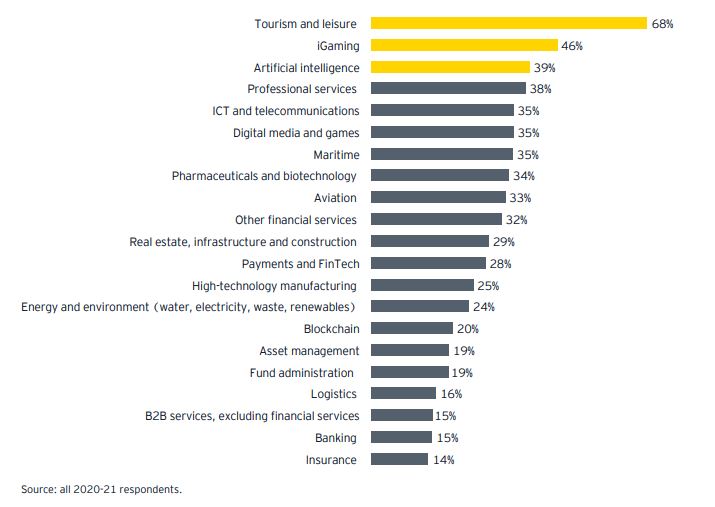
With 65 per cent of businesses indicating that the availability of skilled workers is a key factor influencing future investment decisions, it is clear that investment in education and training is crucial to Malta’s future development.
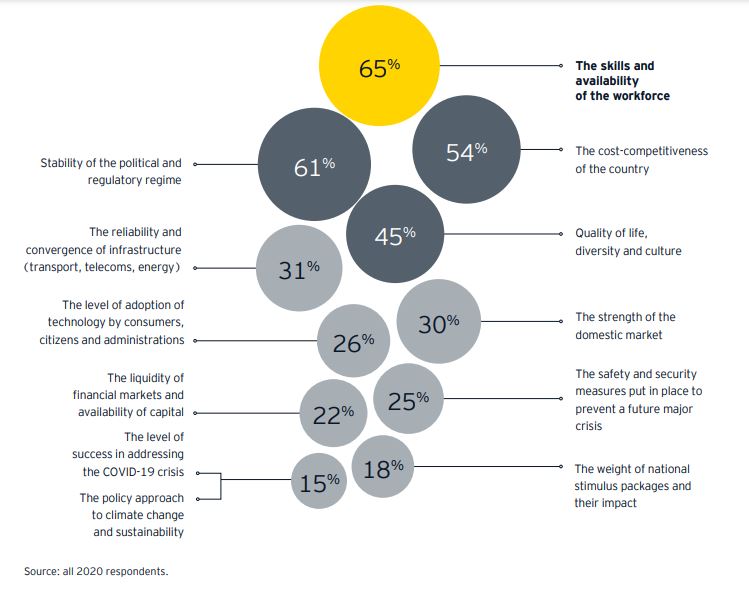
In fact, after fixing Malta’s brand and reputation, improving the education and skills is the second most important element in maintaining global competitivity.
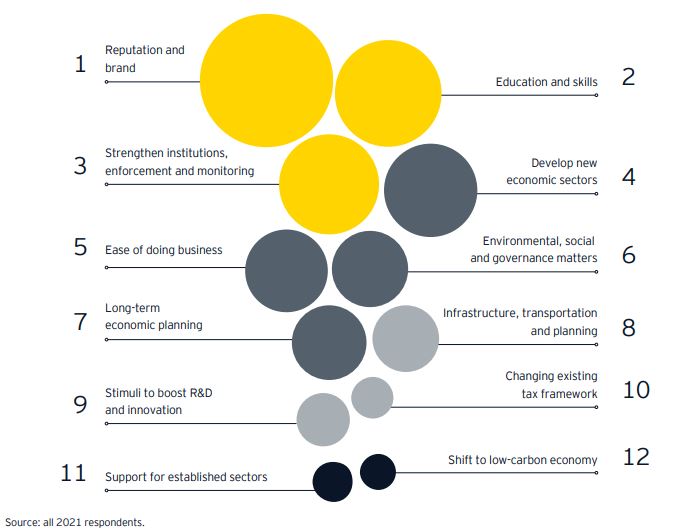
It seems like companies are tired of waiting for Government to act, with three quarters of all FDI companies identifying appropriate training as the social issue they are working hardest on tackling.
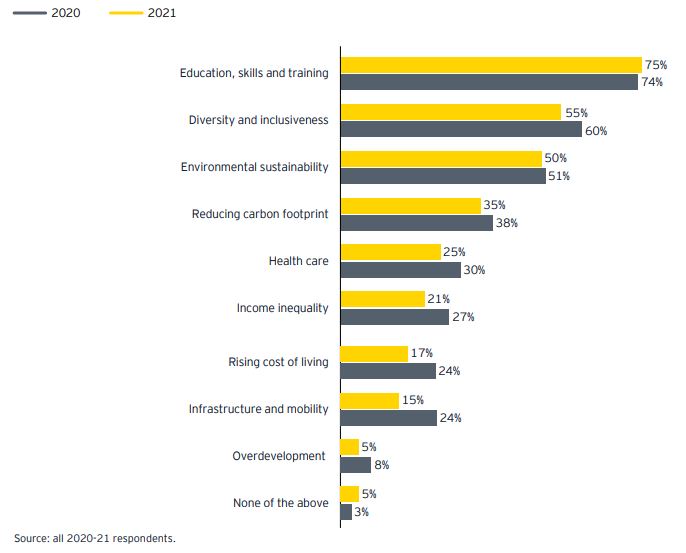
In June, the Malta Digital Innovation Authority, tasked with implementing the National Artificial Intelligence Strategy, which aims to turn Malta into the best platform for AI by 2030, announced a second round of its ‘Pathfinder’ scholarship scheme.
The scheme offers students following courses at Masters or PhD level in the field of AI a maximum of €10,000, with a full purse of €100,000.
There is a lot of growth potential for AI locally, as 39 per cent of investors are considering investing in intelligent automation while a further 33 per cent are looking into AI investments.
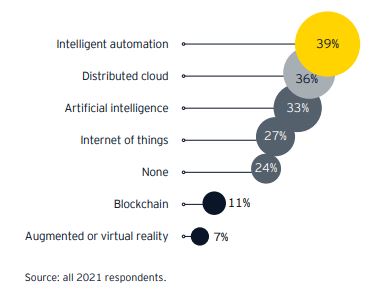
Globally, a Mazars report published in January found that 73 per cent of businesses want to implement AI next year, but an equal proportion believe a lack of skills is hampering growth in the sector.
Free childcare lifted thousands of women out of poverty – Central Bank report
A new Central Bank of Malta study sheds light on the sharp decline in severe deprivation among working-age women
Irrestawra Darek scheme for western Malta oversubscribed in just four days
The scheme provides grants to restore heritage properties and traditional façades
Why Malta’s deferral of the OECD minimum tax could prove a long-term advantage
Malta has postponed the application of the new rules targeting large multinational companies to 2030






